Some fliers may be feeling a little skittish about boarding a plane now that the first case of the Ebola virus has been confirmed on American soil.
The Centers for Disease Control on Tuesday confirmed that Thomas Eric Duncan, a native of Liberia, contracted the disease.
[pullquote]
But according to health officials, Duncan, who flew to Dallas, making stops in Brussels and Washington, D.C., was not exhibiting symptoms of the virus while traveling, and was therefore not contagious.
Dr. Thomas Frieden, director of the CDC said in a press conference in Atlanta on Tuesday, “There is no doubt in my mind that we will stop it here.”
But should air travelers be alarmed?
“I would recommend paying attention to where the outbreak is and what countries are seeing cases. It may be wise to avoid travel to countries that are being hit with this infection,” Dr. Joseph Rahimian, an infectious disease specialist who teaches at New York University Langone Medical Center, told FoxNews.com.
But he added: “Keep things in perspective. You are more likely to get measles than Ebola right now.”
What are the airlines doing?
During the outbreak of infectious disease, U.S. airlines work with government agencies and health officials and follow guidelines set out by the Centers for Disease Control.
On Wednesday, United Airlines released Duncan’s full travel itinerary, which was not mandated by CDC guidelines.
United spokeswoman Christen David told FoxNew.com it was done as a precaution.
“While the director of the CDC has stated there is ‘zero risk of transmission’ on any flight the patient may have flown because he was not symptomatic, in the interest in keeping our customers fully informed, we are sharing the information we have,” she said.
FoxNews.com reached out to other airlines, including JetBlue and American, to see if extra safety measures were being taken following Duncan’s diagnosis. Both JetBlue and American Airlines referred us to the CDC website.
“We follow the guidelines put in place by the CDC specifically for airlines and work with our crews to protect the health of our customers and employees.” American Airlines spokeswoman Andrea Huguely said.
So what are those regulations? According to the CDC’s website , they include:
Identifying and stopping ill passengers from boarding aircrafts; asking sick travelers whether or not they have been traveling to affected areas; keeping sick individuals separated other passengers and wearing protective gear like waterproof gloves, and surgical masks.
Airline captains are required by law to report to the CDC any individuals suspected of carrying the Ebola virus before landing in the U.S. And cabin-cleaning staff have been advised to take extra precautions.
In addition, a U.S. Department of Transportation rule permits airlines to deny boarding to air travelers with serious contagious diseases that could spread during flight, including travelers with possible Ebola symptoms. The rule applies to all U.S. airlines, and to direct flights (no change of planes) to or from the United States by foreign airlines.
So what if you’re traveling to Ebola countries?
If you’re planning on traveling to affected countries (which include the West African nations of Guinea, Liberia, and Sierra Leone), be prepared to have your temperature taken before boarding the plane.
Travelers who have an elevated fever (101.4 Fahrenheit or more) are stopped for further screening. That could mean a questionnaire or blood tests.
Other countries, such as Russia, Australia and India, are taking temperatures of passengers arriving from West Africa or who have a history of travel to the region.
What’s happening at airports in the U.S.?
U.S. official are checking passengers too. Within the U.S., the U.S. Customs and Border Protection says they have trained examiners located at airports across the country to identify people exhibiting symptoms of the virus.
For example at Washington, D.C.’s Dulles International Airport, where Duncan flew through on his way to Dallas, emergency medical personnel are on duty around the clock to address any medical issues.
“The CDC maintains a full-time office at Dulles to assure an effective response when needed,” said Rob Yingling, spokesman with the Metropolitan Washington Airports Authority, the agency that operates Washington, D.C.’s Dulles International Airport and Regan National.
Also 20 U.S. airports are equipped with quarantine rooms where a passenger can be isolated and checked.
Yet, some say the U.S. needs to take more aggressive measures to monitor travelers from affected countries, such as giving travelers questionnaires or medical checks.
Extra precautions?
If you’re still concerned about traveling, Dr. Rahimian says you can wear protective gear, such as masks or gloves. But if you think you may need that, then you may want to reconsider whether you should be traveling those locations to begin with. He said to avoid contact with people who are visibly sick, such as those coughing and sneezing.
And keep in mind the chance of getting the flu is far higher than getting Ebola.
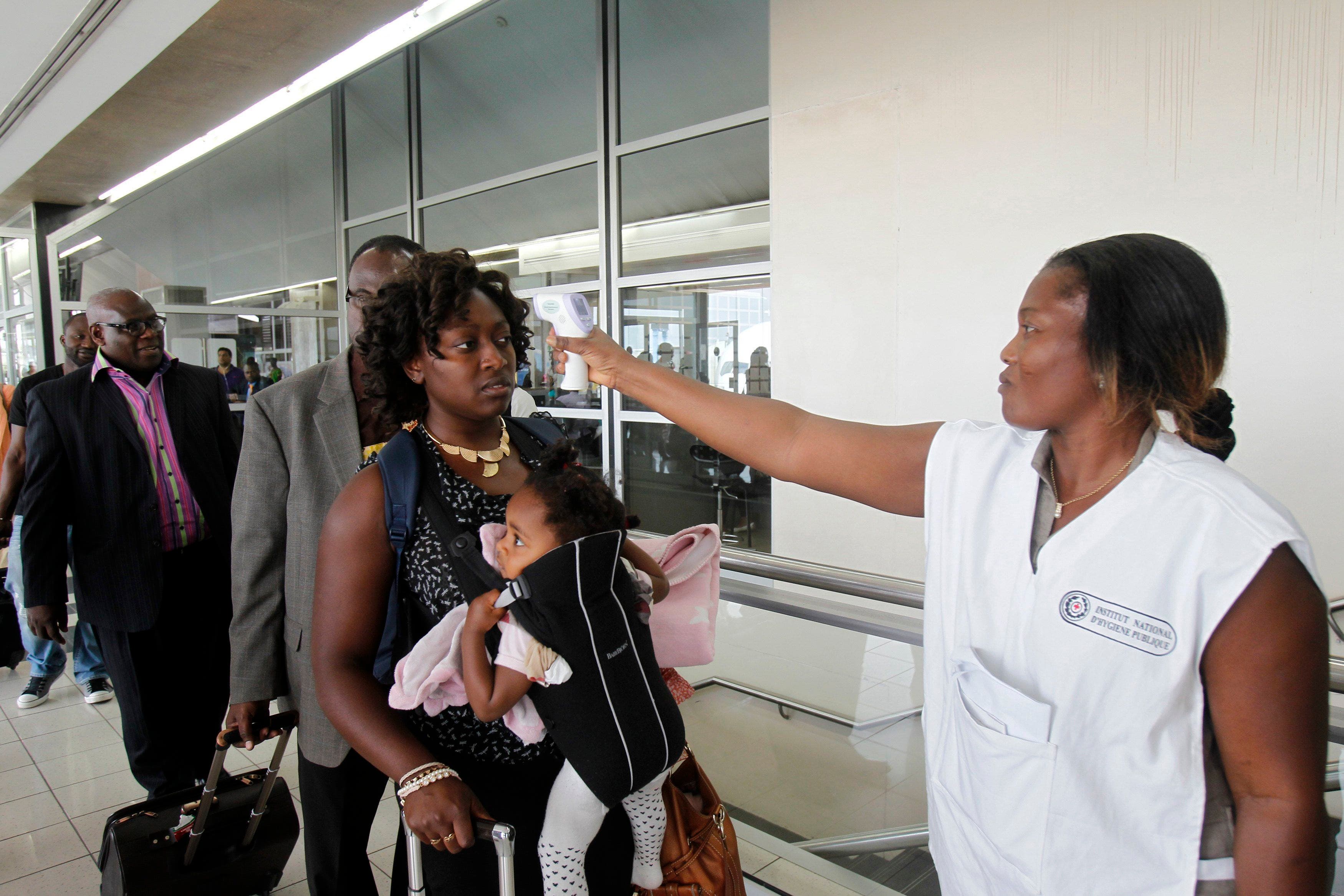
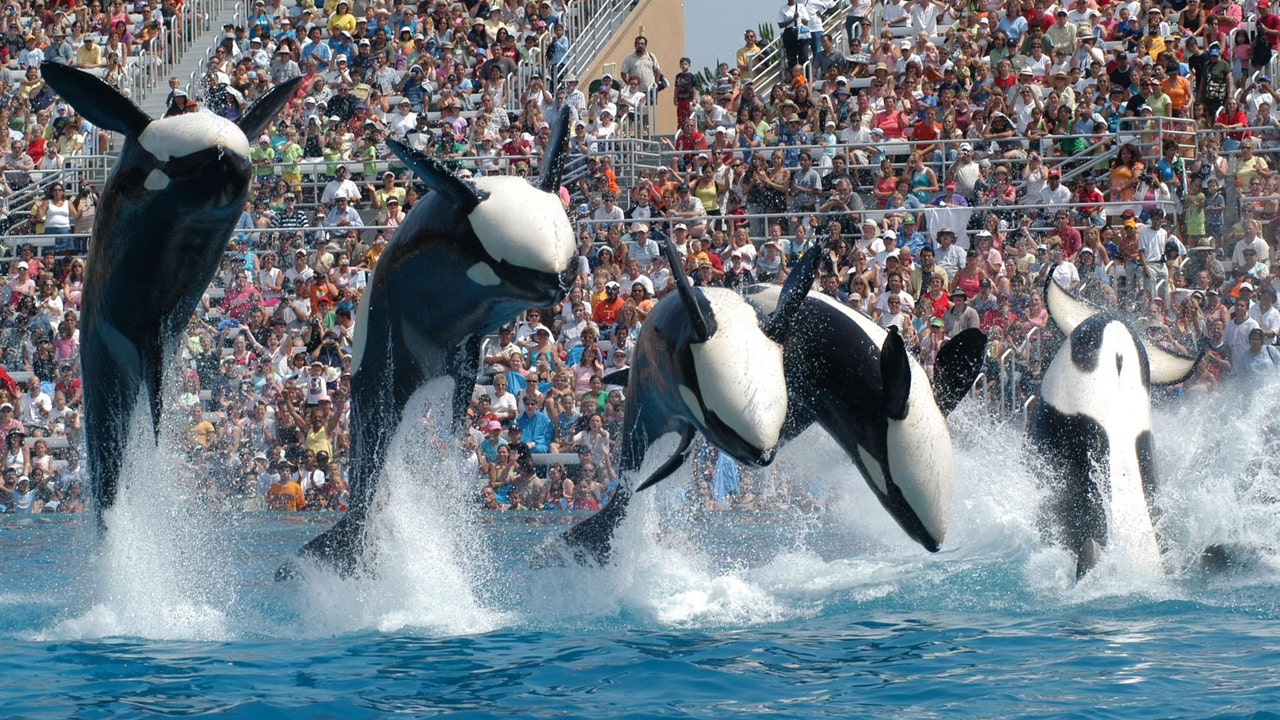
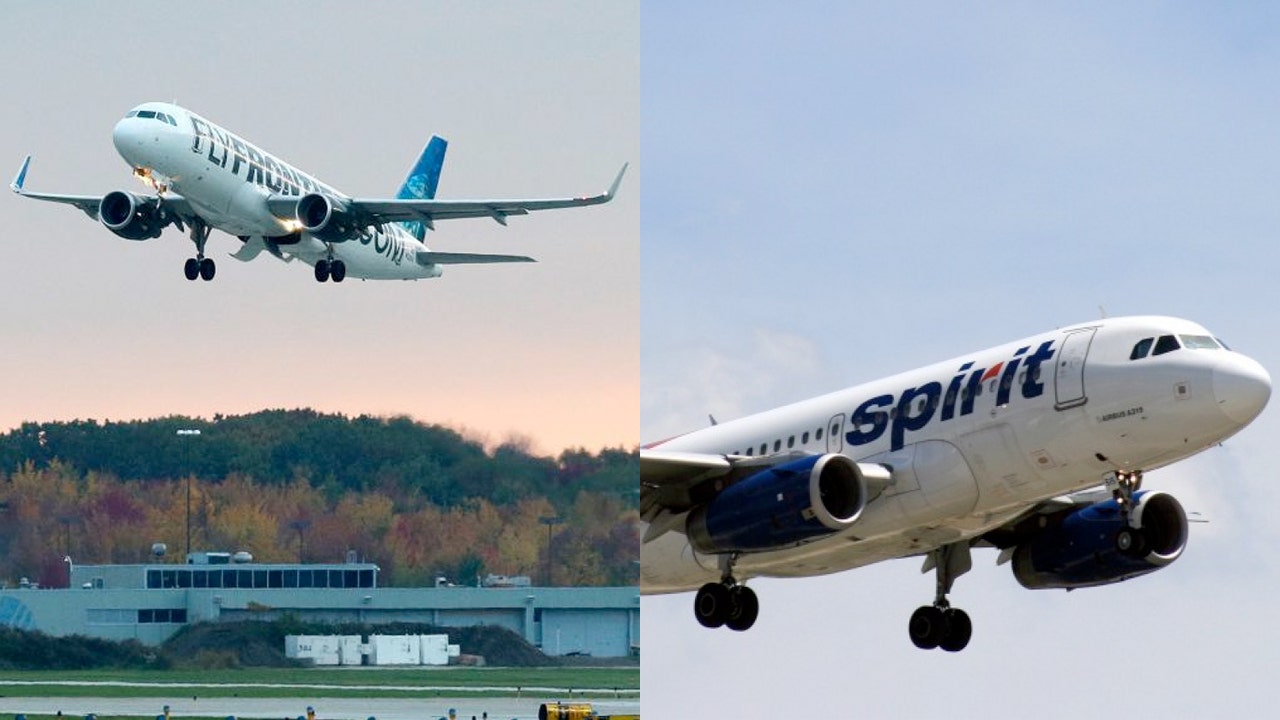
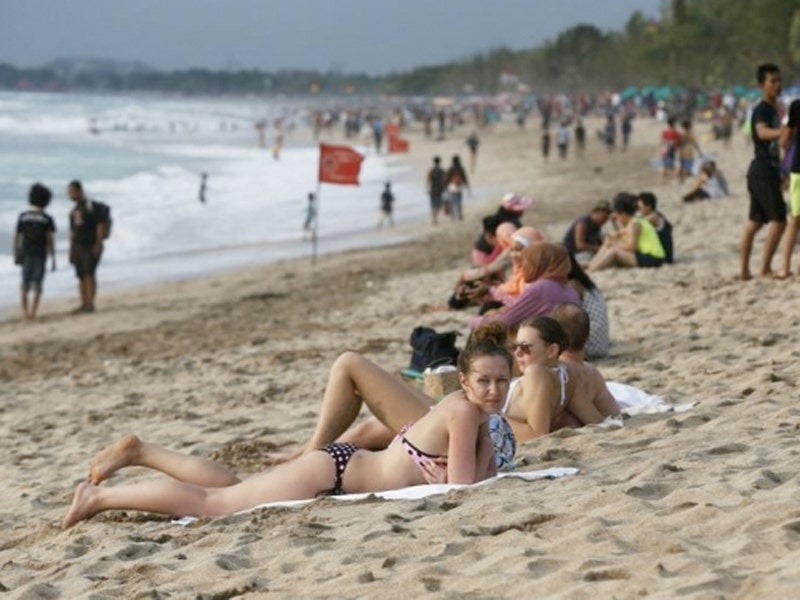
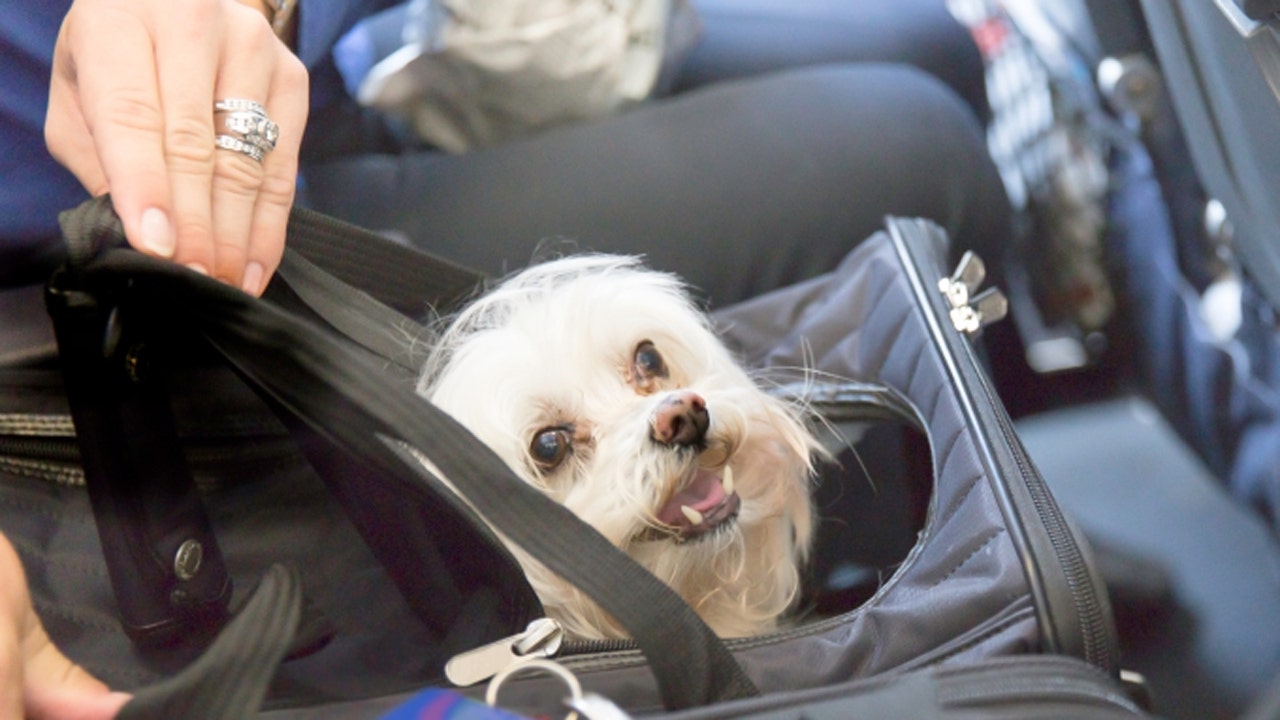
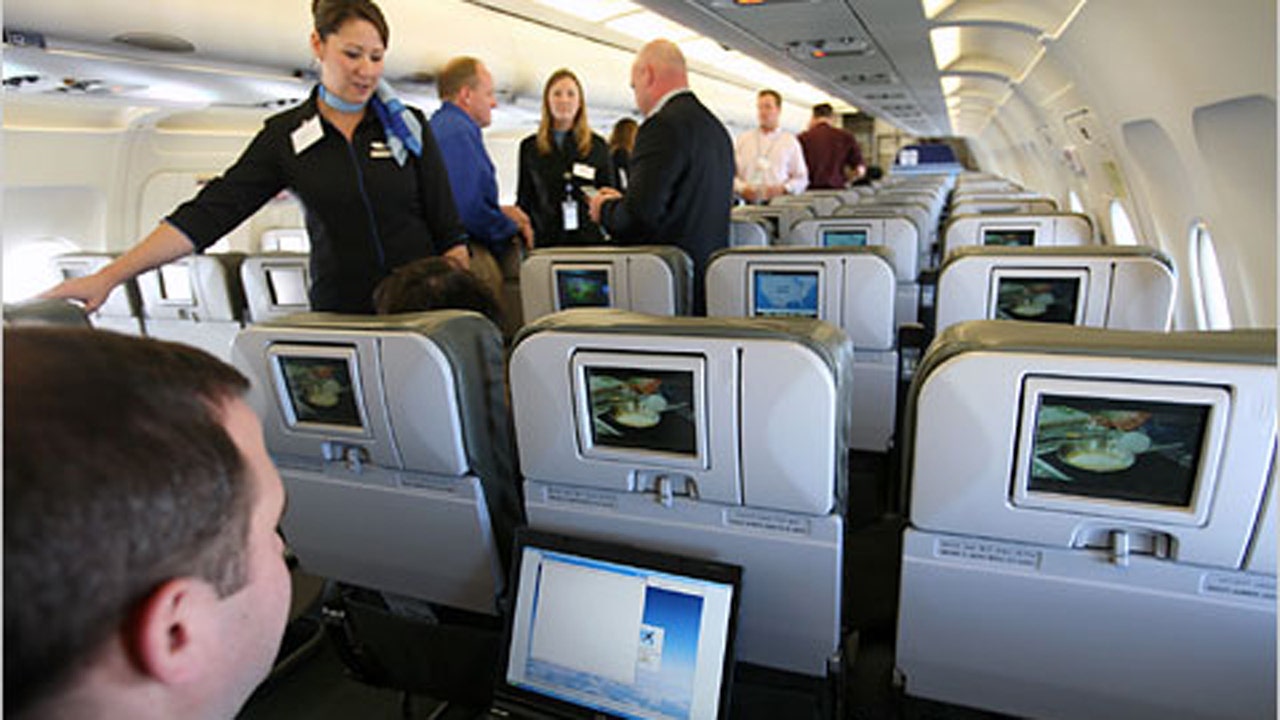
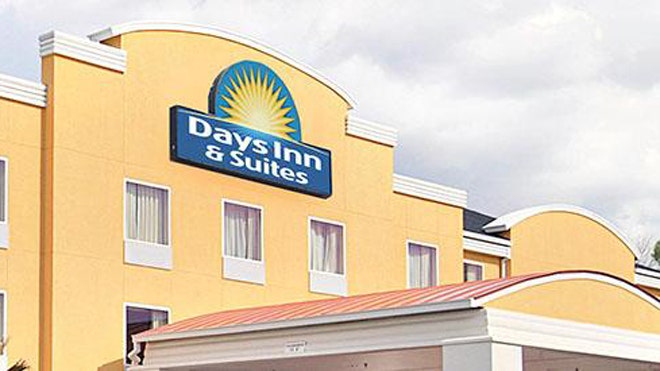


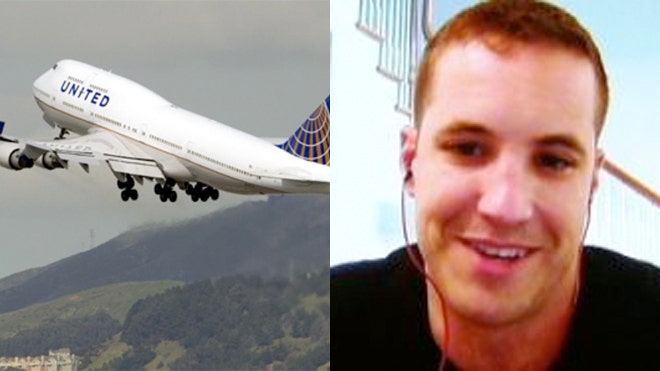
Leave a Reply